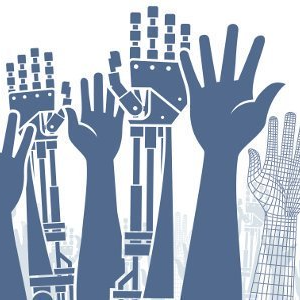Please note that this newsitem has been archived, and may contain outdated information or links.
8 March 2007, Computational Social Choice Seminar, Hylke Buisman, Gijs Kruitbosch and Nadya Peek

Abstract
Multiagent Resource Allocation (MARA) is a field with many interesting and unexplored areas. To explore these systematically and to support theoretical findings there is a need for experimental results. This talk will introduce a new simulation platform which has been designed to meet these demands. The system allows a user to generate a scenario with a pre-specified number of agents and resources, in which the agents have their own preferences and objectives. The agents are able to negotiate amongst themselves to agree on a sequence of deals regarding the exchange of some of the resources in their possession. Negotiation takes place in a distributed manner and is driven by the interests of the individual agents alone. Using such a scenario, the user is able to run a variety of experiments to see under what circumstances the agents most beneficially manage to reallocate their resources. In particular, we assess the quality of the allocations reached in terms of concepts such as social welfare and envy-freeness. Besides assisting with the generation of scenario instances and running the actual simulations, the platform also provides various options for visualizing experiment statistics. For instance, we are able to plot how the sum of utilities of the agents in the system evolves as negotiation proceeds, for different classes of utility functions and different negotiation policies.
The talk will begin with a short introduction to the field of distributed MARA. We will then highlight some of the theoretical challenges faced when designing the simulation platform, and finally give examples for its application aimed at better understanding the dynamics of distributed MARA.
This work has been carried out in the context of the BSc Artificial Intelligence Honours Programme at the Universiteit van Amsterdam.
For more information, see https://www.illc.uva.nl/~ulle/seminar/ or contact Ulle Endriss (ulle at illc.uva.nl).
Please note that this newsitem has been archived, and may contain outdated information or links.